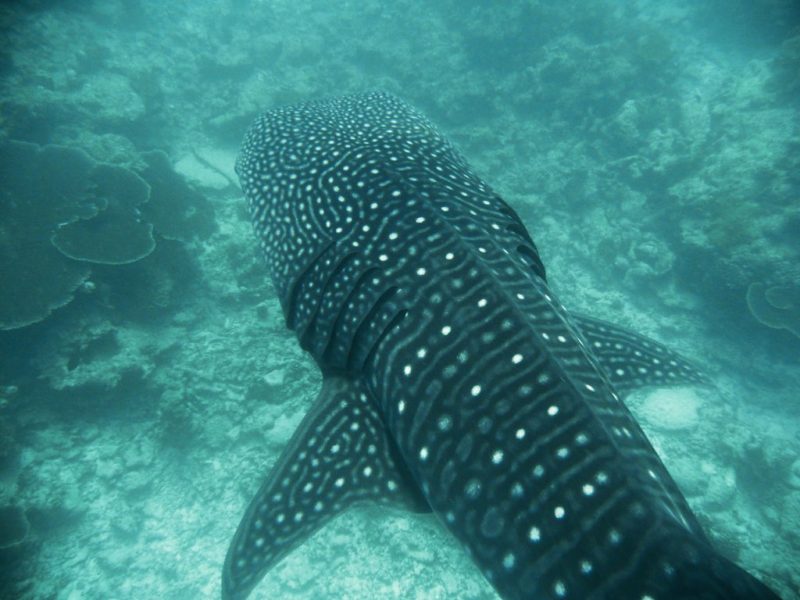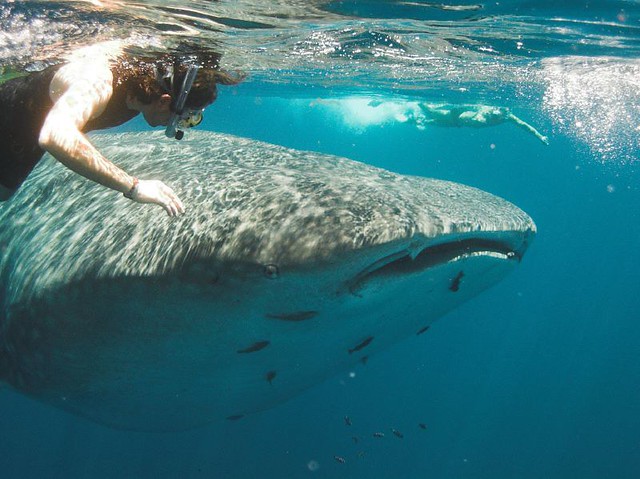http://smkwirasaba.sch.id/steam/img/CROT4D/
https://tilang.pn-bangko.go.id/css/SOFT/
The Maldives, renowned for its turquoise waters and stunning coral reefs, offers more than just breathtaking scenery; it is also one of the world’s best destinations for unique marine experiences. Among these, swimming with whale sharks, the gentle giants of the ocean is a once-in-a-lifetime adventure. These magnificent creatures, known for their immense size and distinctive spotted patterns, are found year-round in the Maldivian waters. Here’s what you need to know about planning your whale shark encounter in the Maldives.
Understanding Whale Sharks
Whale sharks are the largest fish in the sea, reaching lengths of up to 40 feet or more. Despite their size, these creatures are known for their gentle nature and pose no threat to humans. They are filter feeders, subsisting on plankton and small fish, which they consume by swimming with their massive mouths open. The Maldives provides an ideal environment for whale sharks, with its warm waters and abundant plankton blooms. These conditions make it one of the few places in the world where you can encounter whale sharks throughout the year, particularly in the South Ari Atoll, which is recognized as a prime whale shark hotspot.
Planning Your Whale Shark Adventure
To make the most of your whale shark encounter, plan your trip during the best times of the year, typically between May and December, when the southwest monsoon brings nutrient-rich waters, attracting more whale sharks. Opt for a guided snorkelling or diving tour with experienced local Maldives water activities operators who know the best spots and practices for safe encounters. Most tours depart from popular islands like Maamigili, Dhigurah, or Sun Island, located in the South Ari Atoll. It’s essential to choose a responsible tour operator that adheres to eco-friendly guidelines to ensure the protection of these magnificent creatures and their natural habitat. You can ask your hotel such as Saii Lagoon Maldives for assistance in booking or acquiring equipment if necessary.
The Experience of Swimming with Whale Sharks
Swimming alongside a whale shark is an awe-inspiring experience. As you enter the water, the vastness of the ocean surrounds you, and the anticipation builds. Suddenly, a shadow appears, and you see the gentle giant gliding gracefully beneath the surface. The thrill of witnessing such an enormous yet gentle creature in its natural environment is indescribable. Remember to keep a respectful distance of at least three meters from the shark and avoid touching it, as these simple measures help protect both you and the whale shark. Most importantly, stay calm and let the encounter unfold naturally, allowing you to fully appreciate the beauty of these majestic animals.
Capturing the Moment: Tips for Photography

For many, capturing the moment of swimming with a whale shark is just as important as the experience itself. Use an underwater camera or a waterproof case for your smartphone to take photos or videos. Since whale sharks are often found near the surface, you don’t need professional equipment to get great shots. Focus on maintaining a steady hand, as the excitement can make it challenging to keep still. Take multiple shots from different angles, and aim to capture the unique patterns on their bodies. These spots are like fingerprints, unique to each whale shark, and make for memorable images. Remember to prioritize your safety and the well-being of the whale sharks over the perfect shot.
Contributing to Conservation Efforts
While swimming with whale sharks is an exhilarating experience, it’s also an opportunity to contribute to their conservation. Organizations such as the Maldives Whale Shark Research Programme (MWSRP) conduct research and monitoring to protect whale sharks in Maldivian waters. You can support these efforts by reporting your sightings, sharing your photographs to help with identification, or even participating in citizen science programs. By doing so, you play a role in ensuring these gentle giants continue to thrive in the Maldives for generations to come.











